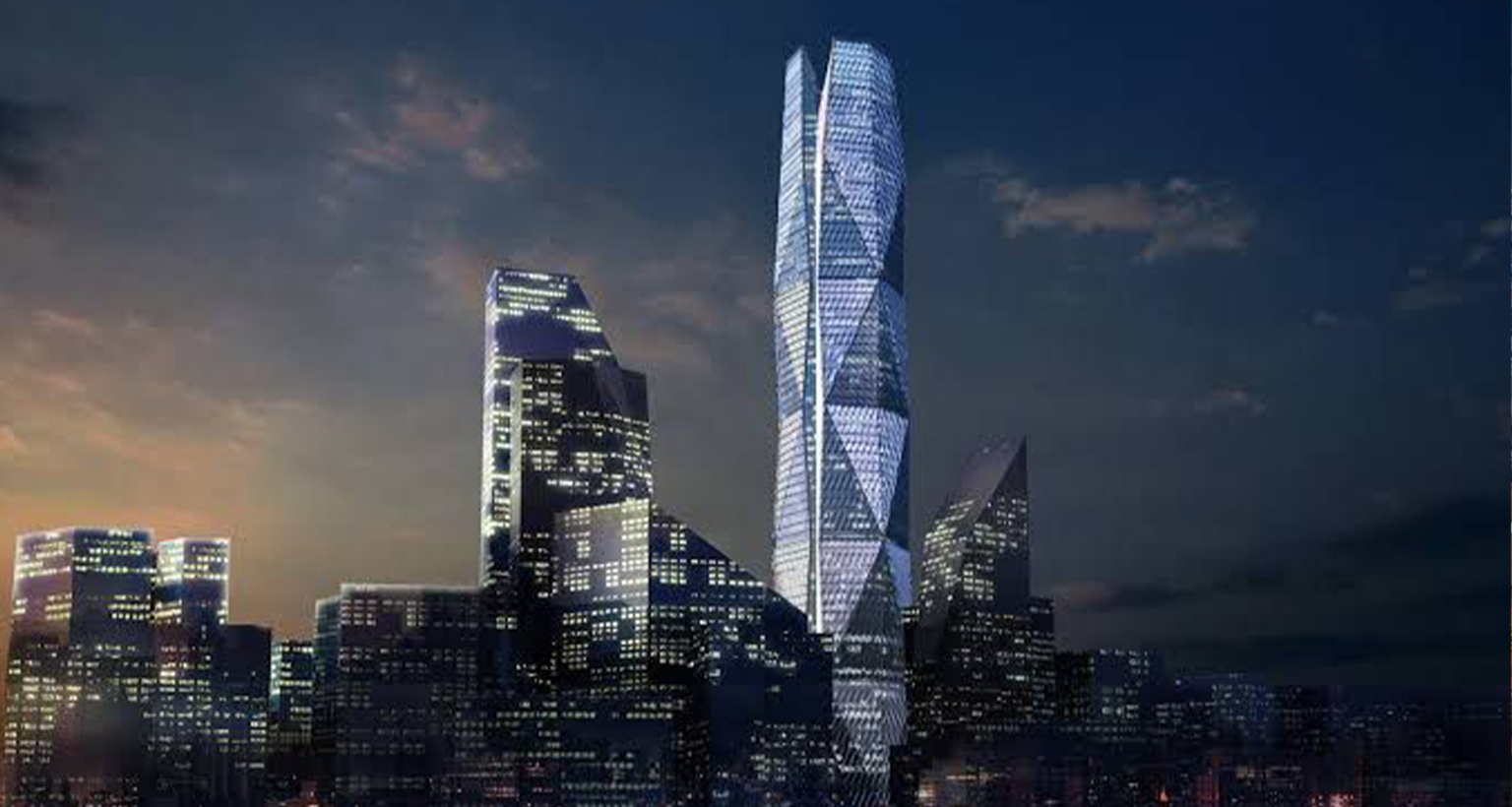Saudi Arabia’s Economic Transformation through Coffee and Vision 2030

In a strategic move, Saudi Arabia is stepping into the world of coffee production with ambitious plans to plant 1.2 million coffee trees by 2026, setting its sights on diversifying its oil-dependent economy. This shift highlights the growing cultural and economic significance of coffee in the Kingdom, as it aims to become one of the world’s top coffee-consuming nations.
Saudi Arabia, a land synonymous with vast deserts and oil riches, is now making a name for itself in the coffee world. With nearly 400,000 Arabica coffee trees already yielding over 800 tons of coffee annually, the Jazan, Asir, and Al-Baha regions have become the nation’s coffee core regions.
The Saudi government’s push to expand Arabica coffee production into 15 additional governorates in the southwestern region aligns with its Vision 2030 objectives. Vision 2030 aims to diversify the nation’s economy and reduce its dependence on oil. Coffee production is emerging as a promising sector, reflecting the dual role of coffee as a cultural tradition and an economic force.
To stimulate the growth of Arabica coffee production, the Ministry of Environment, Water, and Agriculture has launched several initiatives. These initiatives include support from the Agricultural Rural Development Program, designed to foster the development, processing, and marketing of Arabica coffee. Moreover, a groundbreaking 15-year investment contract for the Kingdom’s first “coffee city” was signed with the Al-Baha-based Agricultural Cooperative Society in Baljurashi, pointing to a new era of agricultural advancements fueled by cutting-edge technologies.
As Saudi Arabia embarks on this journey into the world of coffee production, it not only promises economic diversification but also a celebration of culture and tradition. Coffee, a cherished beverage of the people, is now poised to become a vital economic force in the Kingdom.





Leave a comment